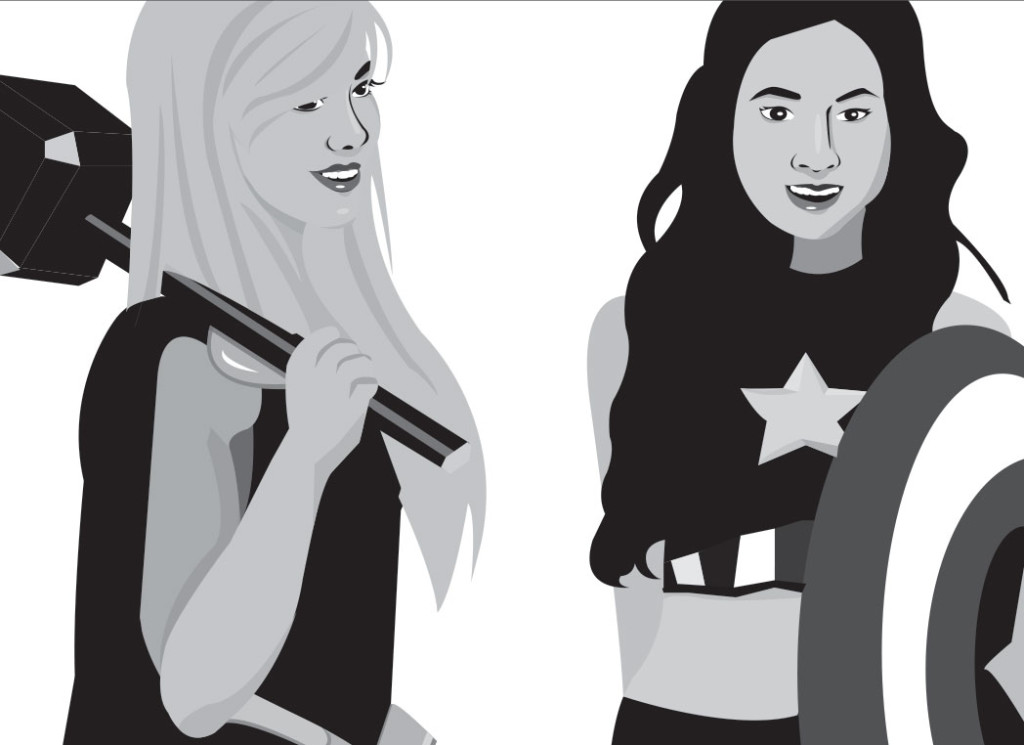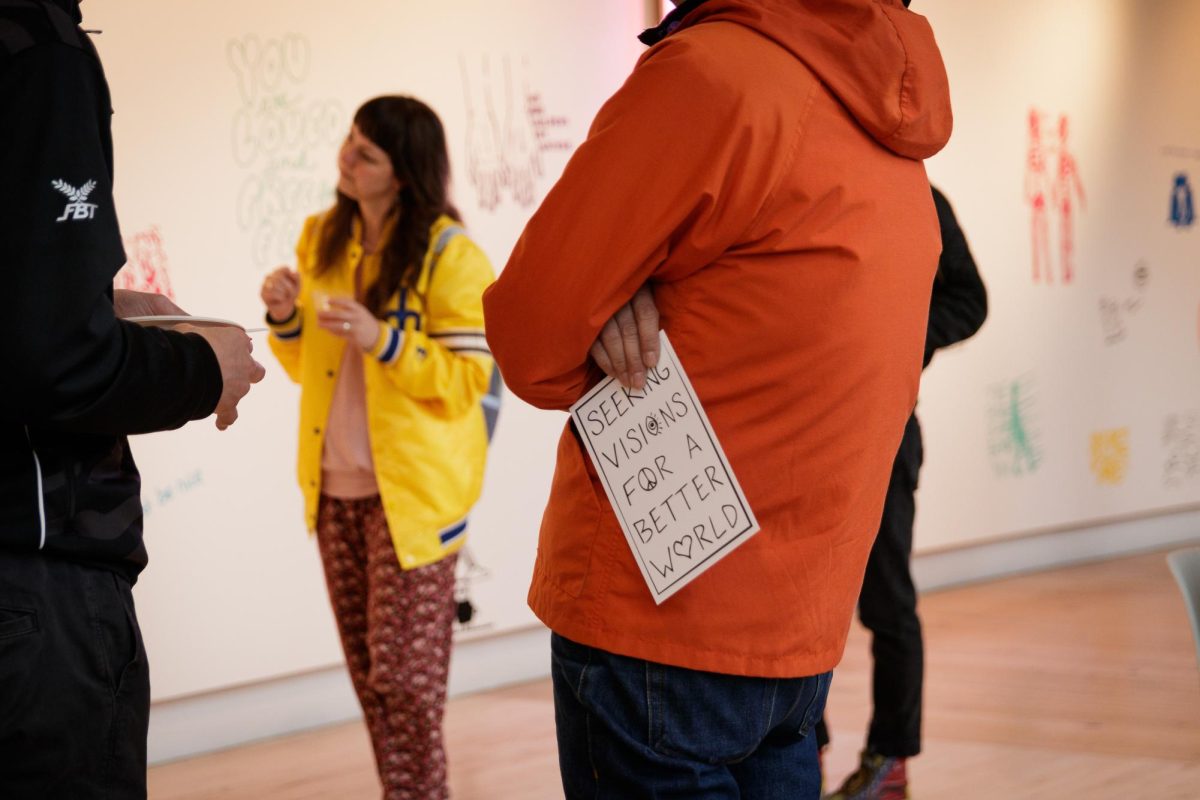Every year, thousands of geeks, comic book nerds, gamers and average citizens attend the many conventions around the country. These are tailored to attract multitudes of people from all walks of life. As these conventions have grown in size and popularity over the past decade, so too has the art of cosplay, which—for the uninitiated—is the art of dressing up like your favorite superhero, video game character or whatever your heart might desire. Recently, however, there has been a steady growth in the amount of harassment towards people who attend these events simply because of the costumes they decide to wear.
At the dozens of conventions, patrons will find a broad range of detail and attention given to each costumes. Ranging from gorgeously designed costumes, to hulking behemoths to the sorts of things one might find at Party City around Halloween, cosplay allows attendees to honor their favorite characters while also giving a sense of empowerment to the wearer. This sense of empowerment, however, can be undermined when people touch the costume and its wearer without consent—this is where the concern lies.
Senior Renehta Wilcox is a frequenter of conventions and has planned on going to this year’s Emerald City Comic Con (ECCC) in downtown Seattle. Last year, she decided to dress up as Cheryl from “Archer;” wearing a dryer tube like a boa, pasties, a white skirt and heels.
She says it was the most uncomfortable she has ever felt—not because of her costume, but because of the reaction she received.
“Men kept touching my dryer tube and asking me questions about my breasts,” Wilcox said. “I didn’t report it to anyone. They probably would have done something if I’d have asked, but it’s such a gray area that it’s hard to handle. It’s not as overt as catcalling. Most of the time, it’s usually a skeevy touch when someone asks for a photo.”
She even threw her costume away following the event because the negative experience it became associated with.
Wilcox is not alone—according to a Daily Mail article following the 2014 San Diego Comic Con, “A quarter of women who attend comic conventions report of being sexually harassed.” The website also reports that nearly 40 percent of the Comic Con attendees that year were women, some of whom “leered at, groped or even worse.” Following this rise in sexual harassment, conventions around the country were prompted to adopt anti-harassment policies that include signs warning that consent is necessary. Some fans of the new policies have even started a movement called “Geeks for Consent” to push Comic Con to start looking into more serious preventative measures.
Wilcox, who spends close to $200 per costume, is attending ECCC with several costumes planned, but because of her experience last year, she is significantly altering one her outfits.
“I’ve decided to modify one of the cosplays I wanted to do because I don’t want to be harassed, but I really like the character,” Wilcox said. “It’s a frustrating line to walk, especially since there are tons of shirtless male cosplayers and no one thinks anything of it.”
Junior Alissa Neuman, a frequenter of the anime convention Sakura Conand the gaming convention PAX, experiences harassment less in a physical form and more verbally from Seattleites as she commutes to and from the convention center.
“When you don’t have a car and you have to rely on public transportation to and from the convention in cosplay, it can get annoying,” Neuman said. “I don’t let it get to me, I’m pretty thick-skinned, but I’m also introverted so I don’t look forward to having to deal with [verbal harrassment] .”
Neuman feels that the conventions themselves cannot do much to prevent both verbal and physical harassment, but suggested that they conventions offer Uber rides to and from the event, similar to what Seattle University does for students before and after basketball games.
Despite the possibility of being targets of crude catcalls, non-consensual touching and even groping, conventions—and cosplay—are still growing. This year’s ECCC, which is being held April 7–9, has a disclaimer on their website describing their zero tolerance policy towards various malicious and disrespectful behaviors in the hopes of quelling any harassment.
Scott may be reached at [email protected]








![Jordan Ward [REVIEW]](https://seattlespectator.com/wp-content/uploads/2024/04/ward_1-1200x800.jpg)

![COWBOY CARTER [REVIEW]](https://seattlespectator.com/wp-content/uploads/2024/04/Screenshot-2024-04-10-at-7.37.52 PM-1200x699.png)
